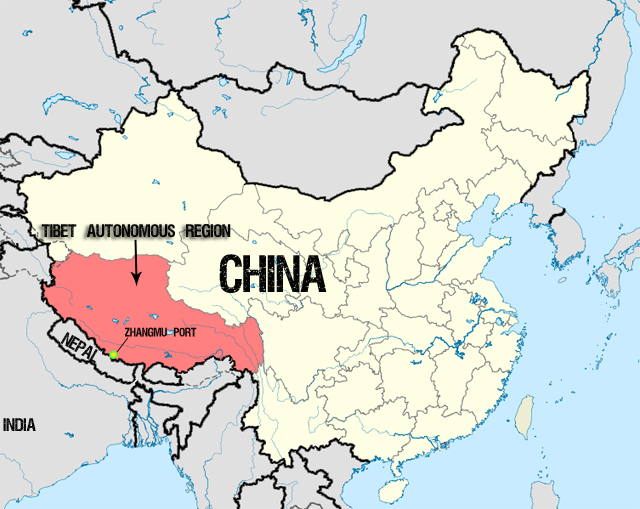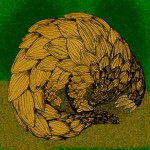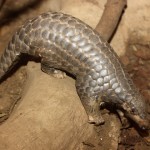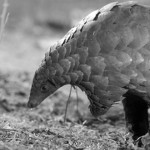Drugs, pangolin scales, and other wildlife contraband entering China via the nation’s extremely porous border with Nepal.
In a press conference held last Friday, the Lhasa Customs Office confirmed that porous Tibetan borders are being used to smuggle illicit drugs, pangolin scales, and other highly sought after wildlife products into China from other countries.
According to People’s Daily Online, the officials claim they’ve made numerous seizures of such contraband from Zhangmu Port in recent times.
China’s Porous Borders are a Superhighway for Smugglers
The port is located at the China-Nepal border in the Tibet Autonomous Region (TAR) and has become one of the biggest ports in the area—handling tens of thousands of tonnes of cargo every year, according to Tibet Online.
The People’s Daily reports that there are 128 points along the 110 kilometer (68 mile) TAR-Nepal border through which organized crime syndicates could send their contraband-carrying mules into China with almost no chance of being detected by authorities—an average of more than one such location every kilometer.
At the press conference, the Lhasa Customs Office claimed they have seized numerous drugs and wildlife at the Zhangmu Port in recent times, including:
- 100 kilograms (220 pounds) of marijuana
- 5.4 kg of pangolins scales—likely the equivalent of five to seven pangolins
- 72.3 kg of elephant ivory
- Wool from the endangered Chiru (also known as the Tibetan antelope)
March Bust was Biggest in 20 Years
After arresting four suspects in connection with the 100 kg marijuana seizure, TAR’s Customs officials successfully brought down a major international drug trafficking ring in March.
The Lhasa Customs Office claims this was the biggest case of its kind that they’ve handled over the past two decades.
Friday’s press conference was the first time the agency has spoken publicly about this achievement since it happened nearly eight months ago.
Narcotics and Wildlife Contraband Often Co-Mingled in Black Market Trade
The illegal wildlife trade is second only to trade in drugs and firearms.
Frequently, organized crime operations involve both wildlife and narcotics—and sometimes firearms too.
Surging demand for pangolins
These animals are in high demand in East and Southeast Asia, with China and Vietnam identified as the largest consumer nations.
There, the flesh of adults and fetuses are consumed as delicacies and their scales are used to make traditional medicines.
According to wildlife trade monitoring network, TRAFFIC, pangolins are the most commonly encountered mammals in the illegal wildlife trade in Asia.
Superstitious beliefs stimulate trade
Like other animal-based traditional Chinese medicines, pangolins’ body parts and scales are superstitiously used as somewhat of a “cure-all” remedy for things like reducing swelling, improving liver function, weight loss, stimulating blood circulation, and enhancing lactation in breast-feeding women.
There is no scientific evidence to support any of the medicinal claims made about pangolin body parts.
Rhino horn and pangolin scales, much like our own hair and nails, are chiefly composed of keratin.
Studies have repeatedly shown rhino horn to be void of any curative properties.
Read more about the illegal pangolin trade here.
Author: Sarah Pappin. Read more about Sarah here.
Image: Wikimedia Commons







Comments are closed.